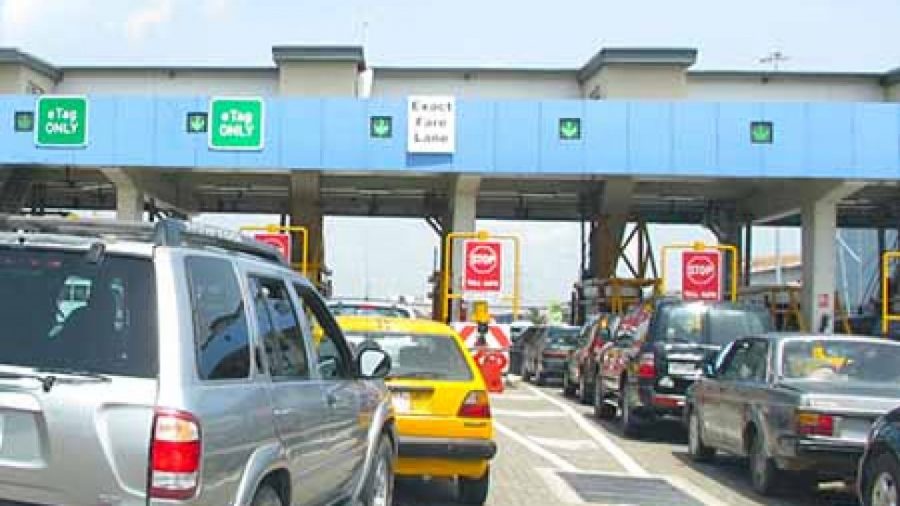The Federal Government has approved the reintroduction of toll collection on some designated dual carriage expressways across the country.
This follows the approval of the federal roads and bridges tolling policy and regulation that will provide the legal framework for its implementation by the Federal Executive Council (FEC).
The new policy also exempts diplomatic, military, para-military vehicles, tricycles, motorcycles from the scheme.
This disclosure was made by the Minister of Works and Housing, Babatunde Fashola, while briefing State House correspondents after the weekly FEC meeting presided over by Vice President Yemi Osinbajo at the Presidential Villa, Abuja.
The decision was made almost two decades after the Olusegun Obasanjo administration dismantled all toll plazas on federal roads across the country in 2003.
Fashola said his ministry presented the policy memorandum for the reintroduction of tollgates on dual carriageways of the 35,000-kilometre federal roads which the council approved.
These roads, he explained, amounted to only 14.3% of the entire 35,000km stretch of federal roads that were dual carriageways and would be eligible for tolling with vehicles paying between N200 and N500 toll per trip, depending on their brand while diplomatic, military, para-military as well as tricycles and motorcycles would be exempted.
What the Minister of Works and Housing is saying
Fashola said that the dual carriageways represented only 5,050km out of the total 35,000km adding that most of them have alternative roads although they are single carriageways.
The Minister said, “So the total network of roads today, assuming we wanted to start today, which we’re not, that will be eligible for tolling on the federal network will be 14.3 per cent of the total network. So, 85.27 percent will not be eligible for tolling.
“We have seen that most of those dual carriageways also have alternative roads, but they are single carriageways; that’s why we left them. So, the only exception to single carriageway are some bridges and they are listed in the regulation.”
He said with the FEC approving the reintroduction of toll plazas on selected roads, it was now working modalities to determine how soon the tolling system would take off.
“The Ministry of Works and Housing presented a policy memorandum for the approval of federal roads, bridges, tolling policy, and also a regulation that will provide a legal framework for the tolling policy.
“So, we have taken another step. So let me be clear, tolls are not going to start tomorrow. So let us be clear about that,” he said.
Fashola stressed that the open tolling system to be introduced would not commence until the affected roads were motorable while operational agreements would have to be negotiated with relevant government agencies.
The Minister also said the toll collected would not only be used to maintain the roads but would also be used to construct new ones while the toll system would be electronically driven for transparency.
Fashola noted that FG consulted widely with public and private sector stakeholders before agreeing to reintroduce toll on federal highways.
What you should know
It can be recalled that early in June, the Federal Government announced that a total of 75 firms submitted bids to serve as concessionaires for 12 federal roads that are mapped out for concession by the Federal Government.
Some of the firms that submitted bids include China Road and Bridge Corporation Nigeria Limited, Dafac Capitals Limited, Dantata & Sawoe Construction Company (Nigeria) Limited, Diamond Straples Limited, and EK Holdings Limited.
The ministry said the bids were for value-added concession for 12 federal roads under the Highway Development and Management Initiative (HDMI).
The HDMI was created by the works ministry to develop and manage the country’s federal road network through private sector investment, maximising the use of assets along the right of way.
The bid opening event was witnessed by the Infrastructure Concession Regulatory Commission, some non-government organisations and other interested partners and stakeholders.












